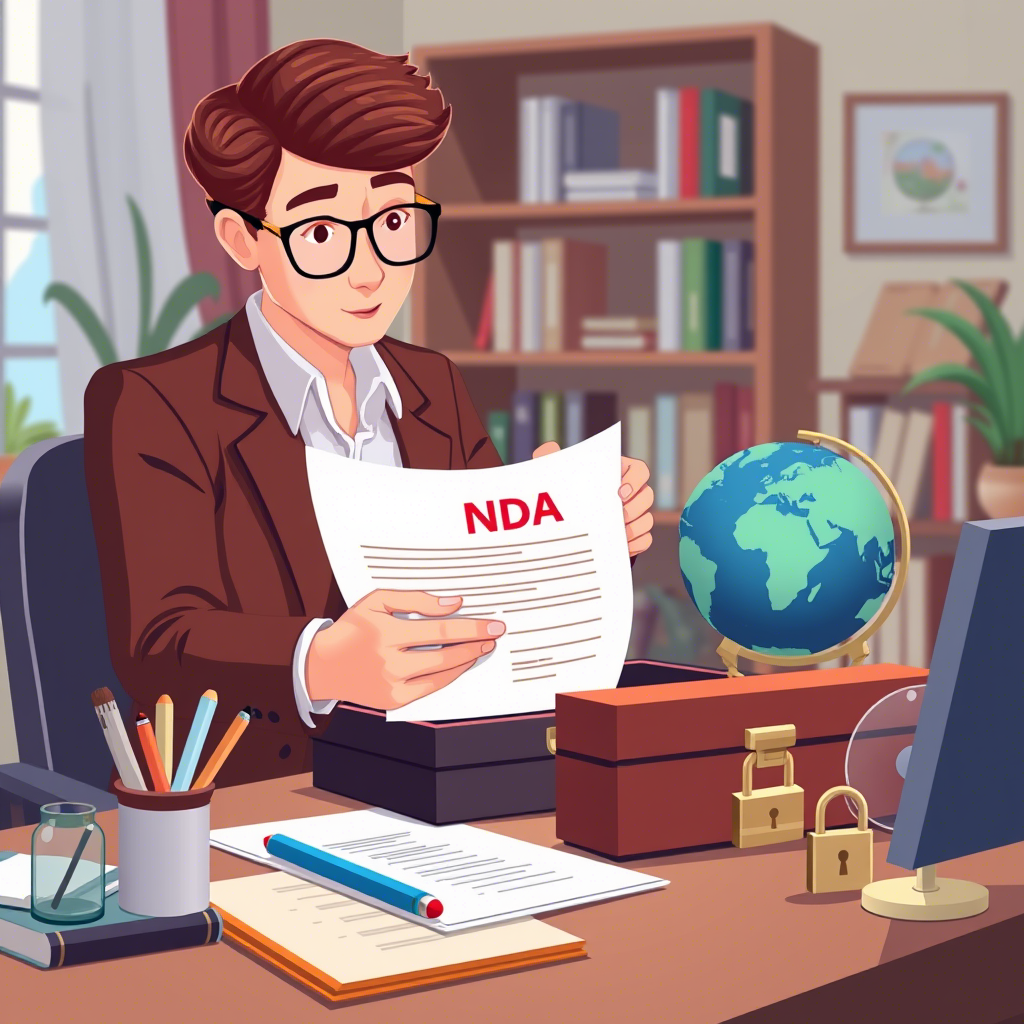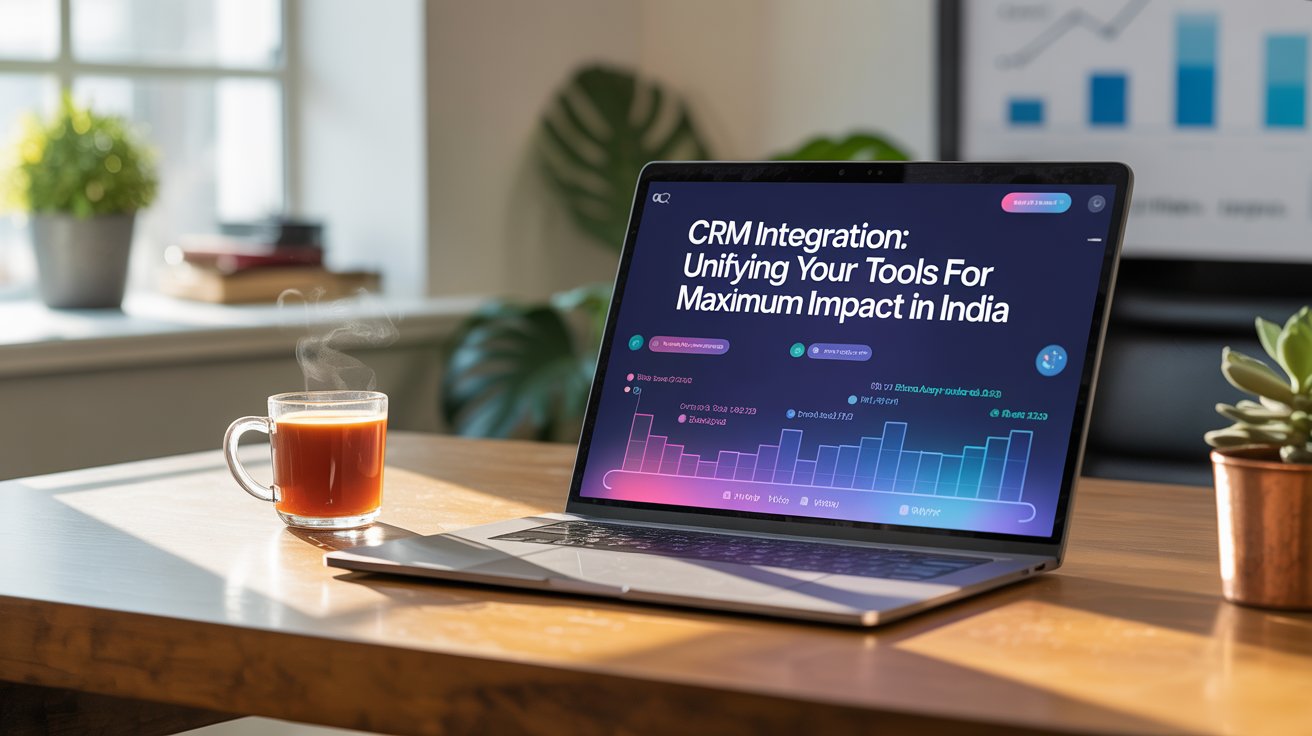The Beginner’s Guide to Non-Disclosure Agreements (NDAs): Protecting Your Confidential Information

Much as information travels faster than ever nowadays, protecting your business secrets is a must. Whether you are starting a new venture, going freelance, or running a small business, a Non-Disclosure Agreement (NDA) could be your very first cemetery against corporate identity theft and the misuse of confidential information.
Hence we will discuss the NDA: its meaning, significance, and how best it may be applied within the modern business environment.
What Is a Non-Disclosure Agreement?
A Non-Disclosure Agreement (NDA) is an agreement that legally recognizes or acknowledges the confidential status of the relationship between and among the interests or parties and what is shared amongst themselves.
In effect, it promises that the parties who share sensitive information shall keep it to themselves.
It is possible to regard sensitive information as those that describe the details of business operations, trade secrets, client lists, or plans for new products. The parties cannot say anything about it.
Speaking simply:
"I trust you with this information, so do not reveal it to anyone without my consent.”
Why Are NDAs Important?
Below are the reasons why NDAs are necessary:
Keeping proprietary information such as product design, marketing strategies, formulas, etc., confidential
Securing client-related information, mainly for service-based companies
Building trust with partners, collaborators, and vendors
Avoiding lawsuits with clear guidelines on what is deemed confidential information
Example:
Imagine a startup pitching its business idea to investors. The NDA gives a peace of mind that the innovation will not get into someone else's hands before it is launched.
Key Clauses in a Standard NDA
A standard NDA must have provisions including the following:
1. Definition of Confidential Information
Specifies the information covered by the agreements, including documents, emails, conversations, etc.
2. Obligations of Receiving Party
Describes how the receiving party should treat and guard the information.
3. Exclusions from Confidentiality
A clause extolling what does not constitute confidentiality, such as public knowledge or something already known to the receiving party.
4. Duration of Agreement
Determines the enforceability period of the NDA, some lasting for several years or indefinitely.
5. Consequences of Breach
Outlines how the injunctive and damages are available should an act of NDA violation take place.
Types of NDAs
Depending upon how both parties interact, the NDAs can be classified. Here are some examples of very famous variants:
Unilateral NDA
Discloses information on one hand while the other promises confidentiality.
(Example: Employer to Employee)
Mutual NDA
Both parties disclose some sensitive information and bind themselves to confidentiality.
(Example: Two start-ups jointly studying a collaboration)
Multilateral NDA
Involving three or more parties—typically for joint ventures or consortium agreements.
When Is an NDA Required?
An NDA has to be executed anytime one shares sensitive information in a professional setting. For example:
Pitching business ideas to potential partners or investors
Hiring freelancers or contractors for product development
Engaging in talks with vendors or suppliers
Bringing in employees or consultants who will have access to trade secrets
Real-World Example:
A boutique software company hired a freelance developer to write a proprietary algorithm. They used an NDA to keep the logic of the algorithm private. Many years later, after achieving successful scale, this NDA ensured that no claims or leaks arose from the early stage.
NDA Trends and Legal Updates in 2025
NDA Trends and Legal Updates for 2025
The legal landscape around NDAs continues to evolve. As of 2025, the primary trends include: Increased scrutiny of NDA under employment law when it comes to whistleblowing or harassment.
You should remain updated on such platforms as Doinsightsindia, being a trusted resource for legal perspectives and tools for businesses aiming to meet modern challenges. Their expertise acts as a scale assuring that your NDAs are not only legally compliant but are also strategically good.
Final Thoughts
An NDA provides more than just protection for your ideas, data, and competitive advantage; it is beyond a mere formality. Each time you launch a new product, have contractors working on it, or give the business model to anyone, you can save yourself from a huge legal mess with a properly drafted and enforced NDA.
Ready to Secure Your Business?
Help Drafting an Appropriate NDA?
For professional assistance in drafting your NDA and other legal solutions that will protect your confidential information, contact Doinsightsindia.
Note: IndiBlogHub features both user-submitted and editorial content. We do not verify third-party contributions. Read our Disclaimer and Privacy Policyfor details.




